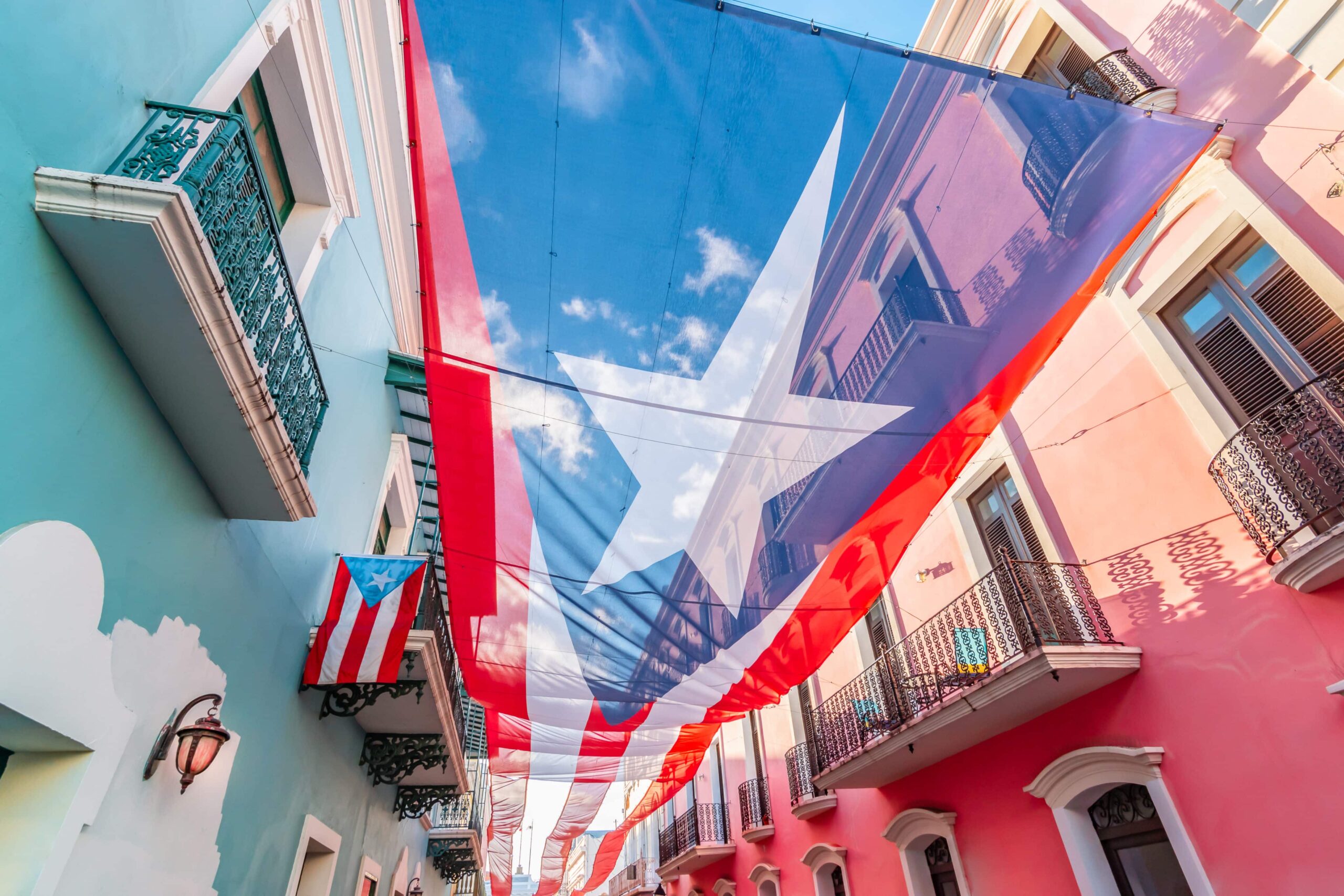
Puerto Rico Bill would erase low-level cannabis possession convictions
A senator in Puerto Rico has introduced a bill that would overturn convictions for minor marijuana possession. The bill’s proponent, independent Senator José “Chaco” Vargas Vidot, tabled the bill Oct. 11 and said he was inspired by President Joseph Biden’s announcement five days earlier that he would be reprieving federal convictions for simple marijuana possession.
The Puerto Rico senator was referring to an Oct. 6 announcement by Biden in which the president said he would issue an executive order to pardon all federal convictions for simple marijuana possession. According to a report in the New York Times, the presidential pardon will affect about 6,500 people convicted of marijuana possession under federal law and thousands more in the District of Columbia. Biden also called on governors to take similar action at the state level, where the vast majority of cannabis possession charges are filed and prosecuted.
“As I’ve said many times during my presidential campaign, no one should be in prison just for using or possessing marijuana. Sending people to jail for possession of marijuana has turned too many lives upside down and incarcerated people for behaviors that many states no longer prohibit,” Biden said in a statement Oct. 6. and educational opportunities. And while whites and blacks and browns use marijuana at similar rates, blacks and browns have been arrested, prosecuted, and convicted at disproportionate rates.”
Vidot’s plan is to decriminalize possession of up to five grams of cannabis. The senator said the amount allowed the presumption of personal use, while larger amounts would still be subject to the ban.
Harsh penalties for pot possession in Puerto Rico
In Puerto Rico, convictions for possession of any amount of cannabis are felonies punishable by two to four years in prison and a fine of up to $5,000 for the first offense. Punishment for subsequent offenses is even harsher, with the time behind bars increased to four to 10 years, according to the National Organization for the Reform of Marijuana Laws (NORML).
According to Puerto Rico Department of Justice (DCR) inmate population information, 65% of inmates, or approximately 5,000 of the 7,000 people behind bars, suffer from problem substance abuse. The DCR report also shows that approximately 8% of male and 11% of female prisoners began using drugs after entering the correctional system.
“Certainly, these numbers reflect a problem with substance availability in the country’s prison facilities,” Vidot said. “Thus, individuals who report that they were not drug users prior to conviction begin this process of use and addiction within the institution,” Vidot said. “For those people who were already struggling with drug addiction when they entered prison, the situation inside the prison deteriorated.”
Following Biden’s announcement, Puerto Rico Gov. Pedro Pierluisi Urrutia said he would not follow the example of the president’s executive order pardoning marijuana possession convictions, adding that DCR records show no prisoners are being held for marijuana possession. However, Vidot countered that the agency’s records did not contain enough information to make that determination.
“The governor has already said he will not yield to the executive order as he lacks the will and courage to take a significant step for justice,” Vidot said. “It’s statistically impossible to know the number of inmates for simple possession of marijuana because when they get into correctional facilities, they tell them the law they broke, not the specific drug.” Now the question is, who will have the courage to join me and back down in Puerto Rico?”
In 2018, Vidot, who also works in public health, introduced Senate Law 912, a measure that would decriminalize possession of all controlled substances. And while the new law focuses specifically on cannabis possession, the senator noted that he would like to see the Puerto Rican government eliminate all penalties for drug possession.
“Although the goal should be the decriminalization of all drugs, as several advanced jurisdictions have already successfully done, with this proposal we advance the decriminalization of cannabis or marijuana and take the first step in that direction,” he said.

Post a comment: